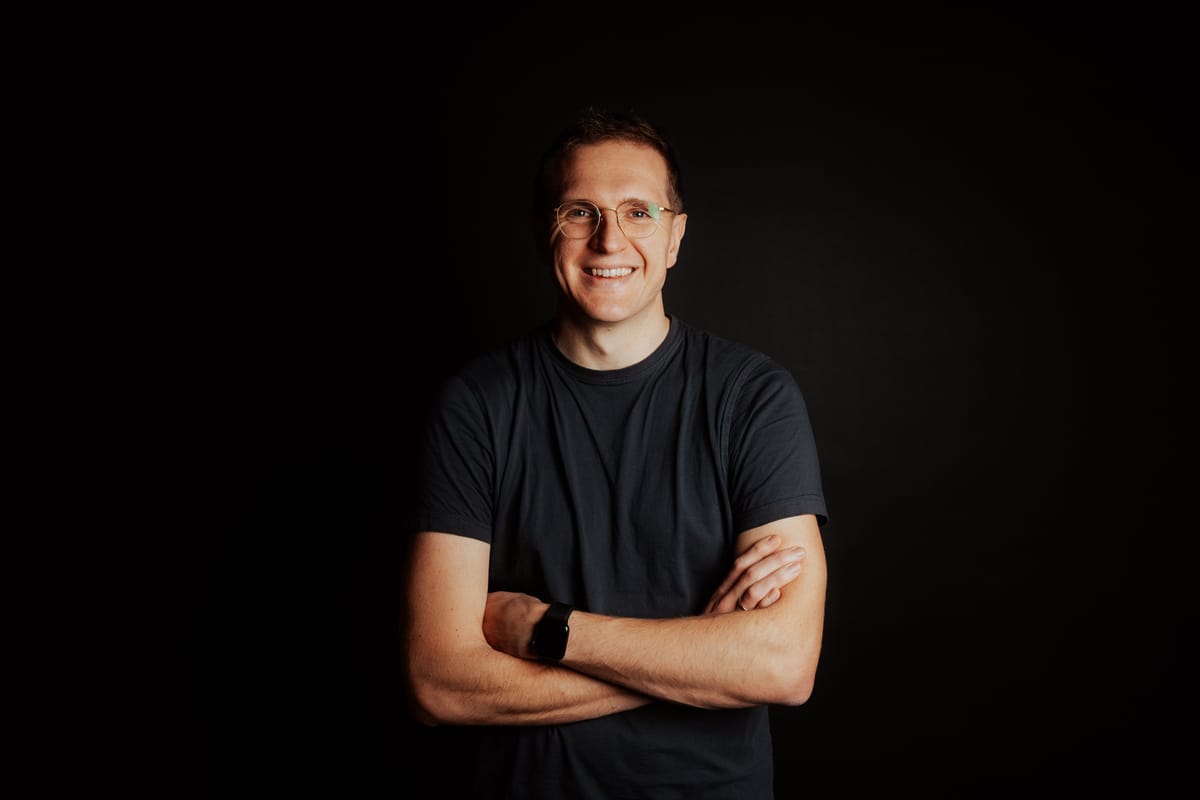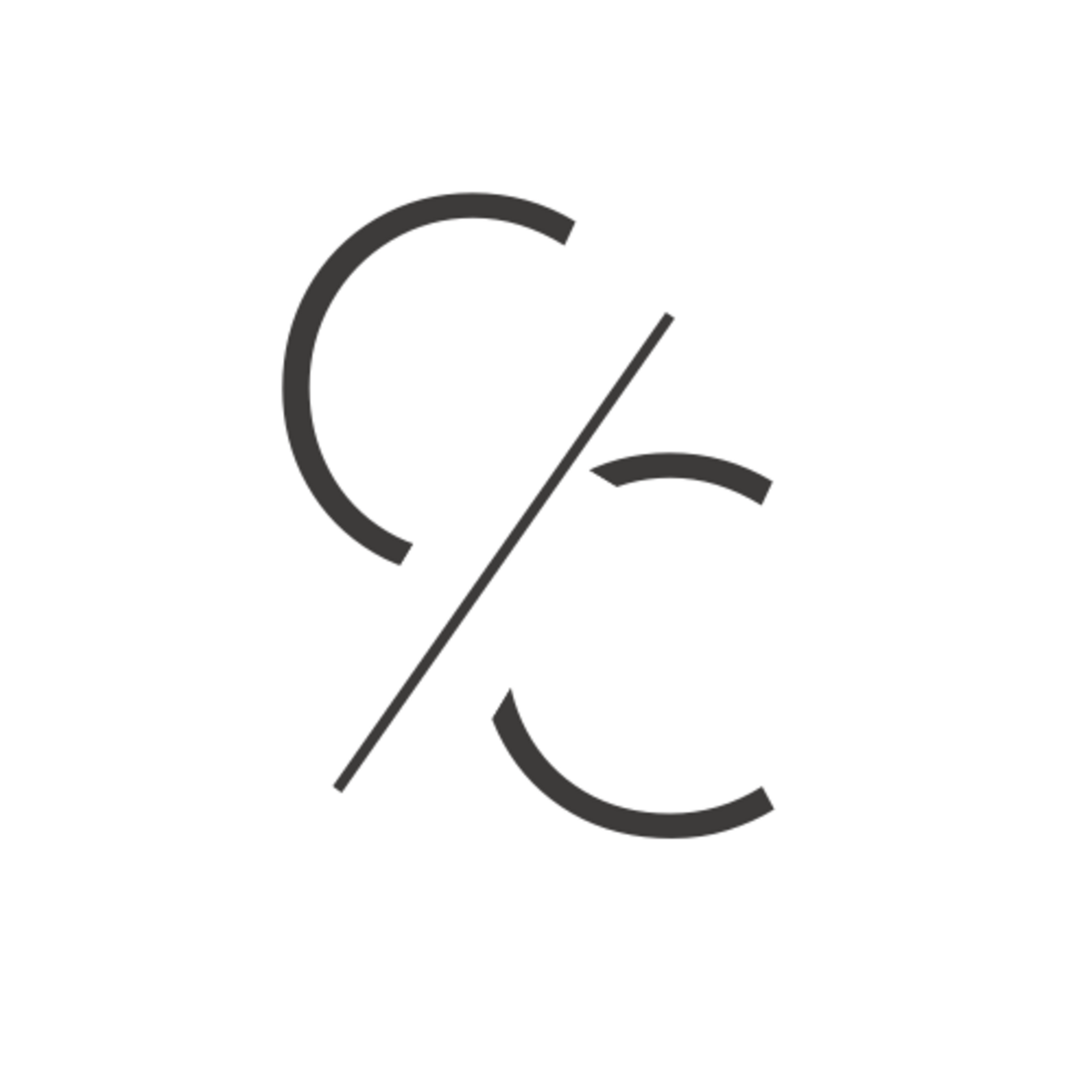The power of a single word can be overwhelming. In January 2024, I found myself gasping for air, not from exertion, but from repeatedly shouting "hope!" into a microphone.
Recording vocals is a peculiar experience. You're acutely aware of every breath, every nuance in your voice. It's an intimate dance between your lungs and the lyrics.
Between takes, I sought refuge in the sturdy beams of the studio's attic. My fingers gripped the wood, anchoring me as the room seemed to spin. The irony wasn't lost on me – I was dizzy with hope, both literally and figuratively.
Cosmic Insignificance
Today, I am thrilled to announce the release of my new single, "Freedom," which also inspired the title of my album, "Hope." The title "Freedom" is a legacy of the original lyrics. I carried it with me for years since my old band, The Candidates, had been playing it on tour. We even started producing a record featuring its initial version. I've always loved the song's intricate guitar work, its chord inversions and time signatures blending seamlessly into a pop-rock feel. It was an easy choice for my solo record. However, I soon realized the original vocals were beyond my abilities. So, I set out to re-envision "Freedom" with all new lyrics.
The song delves into the profound notion of cosmic insignificance—a theory Oliver Burkeman explores in his book Four Thousand Weeks. This concept suggests that our individual actions and impact are minuscule within the grand scope of the universe – we shouldn’t make such a big deal out of ourselves.
Two years ago, I was grappling with the futility of the human condition. As I hinted in my writing and liner notes for the song "Anything You Want," I had read The Three-Body Problem around the time of the Ukraine invasion. Coupled with the looming climate catastrophe, the sense of hopelessness was overwhelming. The multi-crisis against the backdrop of cosmic insignificance, made me question the point of everything:
If humanity and Earth don't matter in the big picture, and we're essentially tearing ourselves and our planet apart, then what is the point? (I know, existential crisis right there. But bear with me for a moment.)
This existential crisis paralleled my professional journey. As a coach, I had been on a quest to understand team dynamics, self-development, and meaning. I thought I had reached a point of professional confidence, feeling like I had figured things out. I had not. But my perceived confidence at the time brought a new level of despair—now that I thought I knew everything, what was next? My growing confidence felt like growing ignorance. The more I thought I knew, the more desperate and depressed I became, searching for a deeper sense of purpose.
Hope Is Ignorance, Hope Is Essential – What’s Behind The Lyrics
During a long drive across Germany, I listened to an enlightening, five-hour interview with Thomas Zurbuchen, the then-NASA head of research. His insights on space exploration and the quest for answers about humanity struck a chord with me. Although he didn't explicitly discuss hope, the conversation was deeply inspiring. I found myself continuously tapping my smartwatch to record voice notes and pausing the podcast to reflect. Barreling down the highway at 160 kilometers an hour, I was pondering physics, space, ignorance, and ultimately, humility.
This moment was transformative. Listening to a physicist like Zurbuchen led me to contemplate concepts such as Schrödinger's cat and the philosophical implications of quantum mechanics. It made me realize how our perception of knowledge can sometimes be a trick of the mind.
When we believe we know everything, we lose a critical piece of meaning: hope. The illusion of complete knowledge makes us think we can predict the future with certainty, rendering hope unnecessary. Yet hope is inextricably linked to uncertainty – and it is essential to human purpose, as Reinhold Niebuhr beautifully writes: "Nothing worth doing is completed in our lifetime; therefore, we must be saved by hope." Herein lies a profound insight: only through accepting our lack of understanding – our limitations – are we presented with this wonderful and essential feature of human cognition: hope.
This realization helped me embrace the reality that I don't know everything (duh, Julius!) and that only by rekindling humility could I rediscover hope. This renewed humility allowed me to approach both my professional and personal life with a fresh sense of levity.
In essence, our ignorance – far from being a weakness – is the very wellspring of hope. In the spaces of uncertainty, hope flourishes, and with it, the drive to explore, learn, and grow. This is what was on my mind when I wrote these lines:

By acknowledging the vastness of what we don't know, we open ourselves to the wonder (and joy!) of discovery and the potential for progress, both in our individual lives and in our collective human endeavors.
As a side note: With the lyric “clusterfuck,” I finally get to tick off an item on my bucket list: publishing a song with “explicit” lyrics.
When A Song Grows Up
In December 2023, my band and I gathered in the studio to record this album. Alongside the single, I am also releasing a full music video featuring footage from these sessions, capturing the spirit and energy of our collaboration.
"Freedom" is a great example of what can happen when songs grow wings and take flight. When I first come up with a creative piece like a song and play it for a while, it settles and becomes second nature to me. Revisiting it with curiosity, I explore it as its own entity. It's like building a house and then realizing it has its own DNA and identity. Specifically for "Freedom," I had been playing the song for years. All the harmonies, melodies, and voicings on the guitar became muscle memory. This allowed me to detach from consciously playing the notes and start observing the variations that emerged from the musical tapestry. This enabled me to hold onto the essence of the song while pulling on some of the threads of its metaphorical texture. I could see what would change if I interpreted it differently while staying true to its core. This observation applies to several pieces of mine, both in music and writing. It's an emergent maturity that can't be cheated. The work has to be worn in like a piece of clothing or mature like a good wine, gaining mileage like a guitar that sounds better over time as you play it. It feels like watching my daughter Zoe develop her own personality, engaging with her on an eye level with humility and curiosity. It's the same with creative works.

Bauhaus-inspired minimal renditions of Schrödingers cat.
"Freedom" is more than just a song; it's a reflection on finding hope amidst uncertainty. It's about embracing the unknown and realizing that hope exists precisely because we don't have all the answers. On a lighter note, if you're curious about the album cover and artwork, you'll notice a cat theme. This abstract rendition of a cat in a box is a nod to Schrödinger's cat—a perfect symbol for the themes of uncertainty and possibility explored in this song.
I can't wait for you to experience "Freedom". Thank you for your continued support!
Julius



